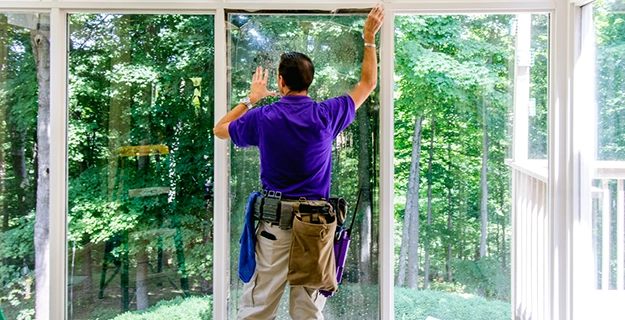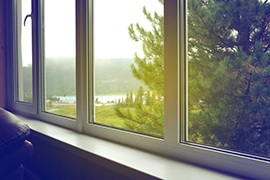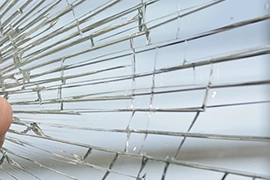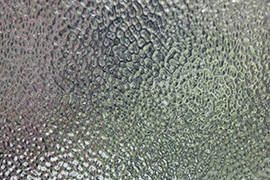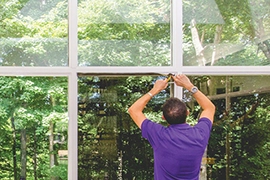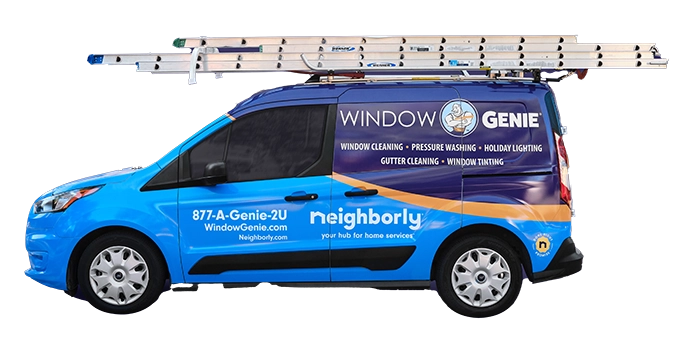When considering a window film for your home and office, you want to look at your needs and price points. Now that we have the reasons for applying window film, let’s look at the technologies that are used to create window film. Most window film installers will break down their window film products into three (3) categories. These three categories represent the most common technologies and chemical make-ups of home window films.
Good – Your typical “good” window film is what is called a metalized or “dual-reflective” film. This type of window film is composed of microscopic pieces of metal that reflect and bounce heat and glare off a window in the same manner as a mirror. They are safe to apply on most windows because of their reflective properties. This type of window film is highly efficient and will greatly reduce heat and glare which lowers utility bills and creates a better view from the inside looking out. The one caveat with this film is that it lacks the external aesthetics and style most customers want in their homes. Having windows look like mirrors isn’t at the top of most customers’ minds when they think about heat and glare reduction.
Better – The next and most common home window film applied is called a dyed, pigment, or hybrid window film. This type of window film uses a special blend of dyes and pigments to absorb the sun’s heat and UV rays. The main reason for its popularity is reduced reflectivity and a more natural look from both inside and outside. However, in extremely hot or sunny situations, this type of window film may not be the right choice. This style of window film causes more strain on windows because of the absorbing properties and can cause added stress on your glass. It is also slightly less efficient than a metalized film as the reflective properties from the metalized films do a much better job at rejecting heat and glare as opposed to a dyed film’s absorption of the heat.
Best – Window film technology has come a long way over the past years. Today’s premium window film is made from ceramic and fine metals. Ceramic is one of the most durable and heat-absorbent materials available. It is used as the insulator on spacecraft, power lines, and your toilet! Where dyed and pigment window films fall short, ceramic can be the answer. With properties better than metalized window films and unmatched clarity, ceramic home window films are the answer to any shopper who wants all the benefits of what window film can do without changing your views. Most premium ceramic window films will actually reduce your windows’ natural reflectivity, enhancing your view.
